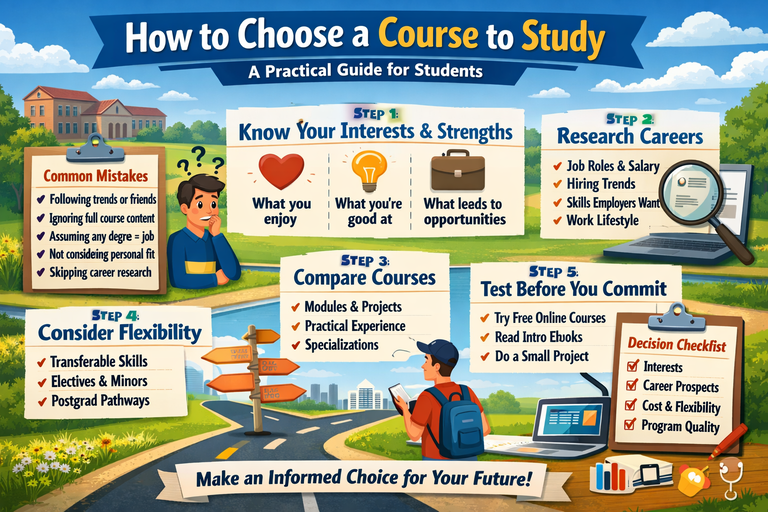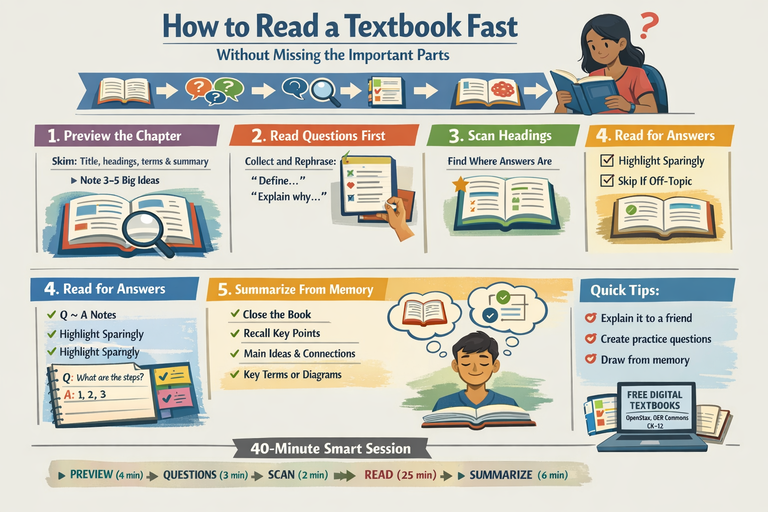The Importance of a Book Launch Plan: How to Set Your Book Up for Success
For indie authors, publishing a book is a huge milestone — but launching it without a plan is like setting sail without a map. A well-crafted book launch plan can mean the difference between a quiet release that barely registers and a launch that generates buzz, drives sales, and sets the stage for long-term success.
This article breaks down why a book launch plan matters, what it should include, and how indie authors can create one that works.
1. Why a Book Launch Plan Is Essential
A book launch plan is a strategic roadmap that outlines how you’ll promote and sell your book before, during, and after its release. Without it, marketing becomes guesswork, and opportunities to build momentum can slip through your fingers.
Here’s why a launch plan is crucial:
-
Maximizes Visibility – The first few weeks after release are critical for sales rankings and discoverability.
-
Creates Anticipation – A structured campaign builds excitement among potential readers.
-
Coordinates Your Efforts – Keeps you organized and ensures you’re not scrambling at the last minute.
-
Boosts Sales & Reviews Early – Early traction signals to platforms like Amazon that your book is worth promoting.
-
Strengthens Your Author Brand – A professional launch positions you as a serious writer, not just a hobbyist.
2. Understanding the Launch Window
Most book promotion happens in three key stages:
-
Pre-Launch – Building hype, collecting pre-orders, and gathering reviews before release.
-
Launch Week – Your big marketing push to get as many eyes (and sales) as possible.
-
Post-Launch – Sustaining interest and ensuring the book has a long shelf life.
Your plan should cover all three stages, not just the day the book goes live.
3. Key Elements of a Strong Book Launch Plan
A professional launch plan should cover the following:
A. Timeline
Map out every activity from 3–6 months before release to 3 months after. Example:
-
3–6 months before: Cover reveal, ARC distribution, start email campaigns.
-
1–2 months before: Media pitches, event planning, influencer outreach.
-
Launch week: Social media blitz, newsletter announcement, live events.
-
Post-launch: Promotions, podcast interviews, book signings.
B. Marketing Assets
Prepare all materials in advance:
-
Book cover graphics
-
Book trailer or teaser videos
-
Author bio and headshots
-
Sell sheet for bookstores/libraries
-
Pre-written social media posts
-
Email templates
C. Budget
Even if you’re on a tight budget, set aside funds for essentials like:
-
Professional cover design
-
ARC (Advance Reader Copy) distribution
-
Paid ads (Amazon, Facebook, BookBub)
-
Event costs (if doing in-person launches)
D. Target Audience
Know exactly who you’re trying to reach. This influences:
-
Where you advertise
-
What social media platforms you prioritize
-
Which influencers and reviewers you approach
4. The Pre-Launch Stage: Laying the Groundwork
The months leading up to your launch are all about visibility and anticipation.
Build Your Author Platform
-
Strengthen your presence on social media and in relevant online communities.
-
Refresh your author website and make sure it has an email sign-up form.
-
Grow your mailing list — these are your most engaged future buyers.
Generate Buzz
-
Reveal your cover on social media and via your newsletter.
-
Offer sneak peeks of the first chapter.
-
Share behind-the-scenes content (research trips, character sketches, editing process).
ARC Distribution
-
Send free copies to book bloggers, reviewers, and influencers in your niche.
-
Use services like BookFunnel or NetGalley to distribute digital ARCs.
-
Collect early reviews to post on launch day.
5. The Launch Stage: Making a Big Splash
Launch week is your moment to dominate the conversation about your book.
Email & Social Media Push
-
Send a launch-day email to your mailing list with a direct purchase link.
-
Share daily social media posts featuring quotes, reviews, and behind-the-scenes stories.
-
Use a unique hashtag for your launch.
Events
-
Host an in-person signing at a local bookstore or library.
-
Organize a virtual book launch party with giveaways and Q&A sessions.
-
Do Instagram or Facebook Lives where you talk about the book and your journey.
Promotions
-
Offer a temporary launch discount.
-
Bundle the book with exclusive bonus content (short story, deleted scenes).
-
Run ads targeting your audience on Amazon, Facebook, or BookBub.
6. The Post-Launch Stage: Sustaining Momentum
A launch plan doesn’t end on release day — long-term sales depend on continued promotion.
Media & Publicity
-
Pitch yourself to podcasts, local newspapers, and online publications.
-
Write guest posts related to your book’s topic or genre.
Reader Engagement
-
Encourage readers to post reviews and share photos of the book.
-
Host online book club discussions.
-
Create social media challenges or quizzes related to your story.
Ongoing Promotions
-
Apply for book deal newsletters like Freebooksy or Bargain Booksy.
-
Rotate your ads with fresh creatives.
-
Enter your book into contests and award programs.
7. Common Mistakes to Avoid in a Book Launch
Even with a plan, some pitfalls can undermine your launch:
-
Starting too late – Building buzz takes months, not days.
-
Neglecting ARCs – Skipping early reviews can hurt credibility.
-
Overloading yourself – Don’t plan more events and promotions than you can handle.
-
Ignoring your budget – Overspending on ads without strategy wastes money.
-
Failing to follow up – Post-launch engagement is just as important as pre-launch.
8. The Psychological Impact of a Good Launch
A successful book launch isn’t just about sales — it’s about confidence and momentum.
When you see readers buying, reviewing, and talking about your book, it fuels your motivation to keep writing. A strong launch builds your author reputation and helps with:
-
Attracting literary agents or publishers for future projects.
-
Increasing media interest.
-
Growing your fanbase faster.
9. Tools and Resources for Your Book Launch Plan
Here are some tools indie authors can use to organize and execute their launch:
-
Trello or Asana – For creating a launch timeline and tracking tasks.
-
Canva – For designing promotional graphics.
-
BookFunnel – For distributing ARCs securely.
-
MailerLite or ConvertKit – For managing your email list.
-
Amazon KDP, IngramSpark, Draft2Digital – For publishing and distribution.
-
BookBub Ads – For targeted reader promotions.
10. Final Tips for a Successful Book Launch Plan
-
Start early – 3–6 months before release is ideal.
-
Be consistent – Regular updates keep readers invested.
-
Mix free and paid promotions – Both have their place.
-
Leverage your network – Ask friends, family, and fellow authors for support.
-
Track your results – Learn what works for your next launch.
Conclusion
A book launch plan is not an optional extra — it’s a vital part of your publishing journey. As an indie author, you don’t have a traditional publisher’s marketing machine behind you, but you do have control, flexibility, and creativity on your side.
With a well-thought-out plan, you can generate buzz, boost early sales, and set your book up for long-term success. The key is to treat your launch like a professional project: prepare early, execute with energy, and keep the momentum going.
Because in publishing, it’s not just about writing the book — it’s about making sure the world knows it exists.







